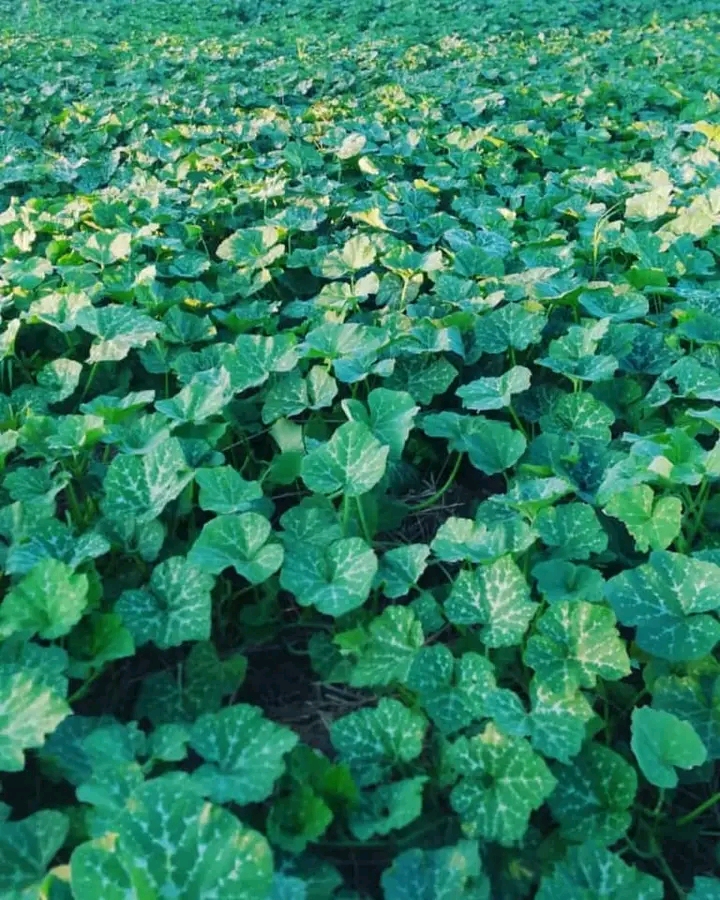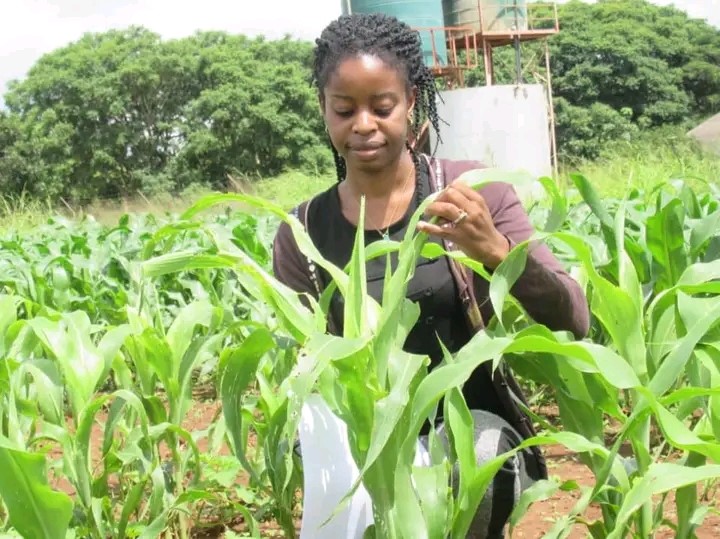Groundbreaking Workshop on AI and Technology-Facilitated Gender-Based Violence at AWiM24
Trending
Saturday May 10, 2025
Trending
Lusaka
As the ravages of COVID-19 swept across the globe like wildfire, the killer virus did not only claim millions of human lives but also ended people’s jobs.
Before the onset of the pandemic, 34-year-old Hamilambo Abriella had a well-paying job in the national park from which she fed her two children.
But when the first Covid-19 case was confirmed in Zambia in March 2020, it changed Ms Hamilambo’s status from employed to unemployed.
During the official opening of the Zambia Tourism Board workshop, Minister of Tourism Rhodine Sikumba indicated how the COVID-19 pandemic was and remains a threat to biodiversity conservation resulting in tourism revenue loss.
Mr Sikaumba said COVID-19 became the real threat to Zambia’s tourism sector and there is still a high risk that it will take time for the industry to see its glory. He stated that resources allocated to conservation have remained low in Zambia.
He explained that on average, between 2010 and 2018, 0.6 per cent of Zambia’s national budget was allocated to environmental and wildlife conservation.
“Government will engage with the tourism sector in view of addressing some of the longstanding challenges and more recent pressing challenges,” he said.
Unpredictable weather patterns are having a profound impact on the lives of the most vulnerable in Zambia. On top of last year’s drought that plunged 2.3 million people into food insecurity; recent flash floods have left an estimated 1.1 million in need of food assistance.
“The COVID-19 pandemic hit Zambia as people affected by drought and flash foods were just starting to recover and rebuild their livelihood,’’ Jennifer Bitonde World Food Programme (WFP) Representative in Zambia shares.
“This is the risk undermining resilience gains and further aggravating food insecurity for the most vulnerable,” she points out.
And in the case of Ms Hamilambo who is also a single mother, her quality of living and her family were affected due to losing her job at the national park. Women at large are losing daily wages because of COVID-19 health measures that severely threaten their ability to feed their families.
“Losing my job was one of the most devastating and difficult events in my life, most of the time now, I fail to provide food to my two children and pay rentals,” Ms Hamilambo said.

She further stated that due to the financial challenge she had to have a small garden for a vegetable plantation to make a living and support the family.
“I had to start growing vegetables in small plastics because the land is difficult to acquire as a woman, especially in rural areas so it’s tough to survive as a single woman,” she stated.
Climate change also contributed to the effect of COVID -19 in her case. In terms of the plantation of vegetables coupled with not having enough land, she had to find ways to make sure that her vegetables could survive the effects of climate change.
“Changes in climate are transforming our planet to think and plan for the future of the plantation, the weather here is a lot hotter these days,” she said.
According to The African Union Agenda 2063 Framework, the future prosperity of Africa will be based on inclusive growth and sustainable development. Concerning the environmental aspirations of Agenda 2063, Africa by 2063 will: ‘Be transformed such that natural resources will be sustainably managed, and Forest and vegetation cover would be restored to 1963 levels; land degradation and desertification would have been stopped and then reversed.’ All agricultural land will be managed in a manner that is environmentally and socially sustainable.
African countries would have reduced and conserved at least 90 per cent loss of biodiversity and all-natural habitats. By 2030, Africa will be a fully water-secure continent.
According to the Gender Global on Climate Change Report of 2021. “Recognising the important contributions of women as decision-makers, stakeholders, educators, caregivers and experts across sectors and at all levels can lead to successful, long-term solutions to climate change.”
Women have proven to be leading the way toward more equitable and sustainable solutions to climate change. Across sectors, women’s innovations and expertise have transformed lives and livelihoods and increased climate resilience and overall well-being.
Global negotiations have increasingly reflected the growing understanding of gender considerations in climate decision making over the last eight years. Continued progress towards gender equality at COP21 can help achieve successful climate action.
Zambian women continue to face barriers to land ownership and with climate change, it has become more difficult, especially for those living in rural areas like Rebecca Namukonda, who has struggled to acquire land for herself and her family.
At 37-years-old, Ms Namukonda Rebecca has faced barriers such as lack of finances, low level of education, and social-cultural and patriarchal norms.
“I have been trying to get a plot for years, but I always have to put that on hold because I am a single mother and a divorcee who gets no support from my ex-husband. I need to take care of my children’s education and needs,” she laments.
Ms Namukonda who is a single mother of five explains that the process to acquire land is difficult right from the onset, which leaves many women vulnerable to being duped by unscrupulous people who prey on their desperation.
“I was once duped by cadres who said they had land going for K2000 ($118). It was difficult for me, but I managed to save K1500 and pay for that land, I have not seen or heard anything from them since.”
To improve these statistics and ensure that women like Ms Namukonda and Ms Hamilambo have access to land ownership, a holistic approach is needed.
“Women and young people are supposed to have more access to land for agricultural activities,” Action Aid, Country Director, Nalucha Ziba once said.
Ms Ziba explained women and young people are inhibited by several factors for them to fully venture into agriculture.
Speaking in an interview, Ms Ziba, said access to land and land ownership are some of the challenges that women and young people face when it comes to agriculture. Ms Ziba also called for adequate use of agricultural research data and more research in agriculture given climate change.
“Poverty in rural areas is high and economic opportunities for women, in particular, are severely limited,” she added.

The government needs to engage the rural areas and women through traditional leaders who can help women to access land.
This will achieve the Vision 2030 which talks about women’s equality to have an equal share of national developments such as land.
Zambia Land Alliance Executive Director Patrick Musole argues that affirmative action needs to be taken to address the underlying barriers women face in land ownership to increase the number of women with access to and control over land in Zambia.
He argues that land tenure is foundational to social and economic development. Secure land and property rights must be accessible to both women and men, to increase their assets and enable them to reach their full potential.
The question remains: Is enough being done to ensure that Zambian women – and vulnerable women like like Ms Namukonda and Ms Hamilambo are not left behind and are helped to overcome climate change especially since they are based in rural areas?
This article is part of African Women in Media (AWiM)/UNEP Africa Environmental Journalism Programme
Do you want to publish this article? Kindly contact janet@africanwomeninmedia.com
We’re not gonna spam. We’ll try at least.

Copyright 2020. African Women In Media
Copyright 2020. African Women In Media
Recent Comments